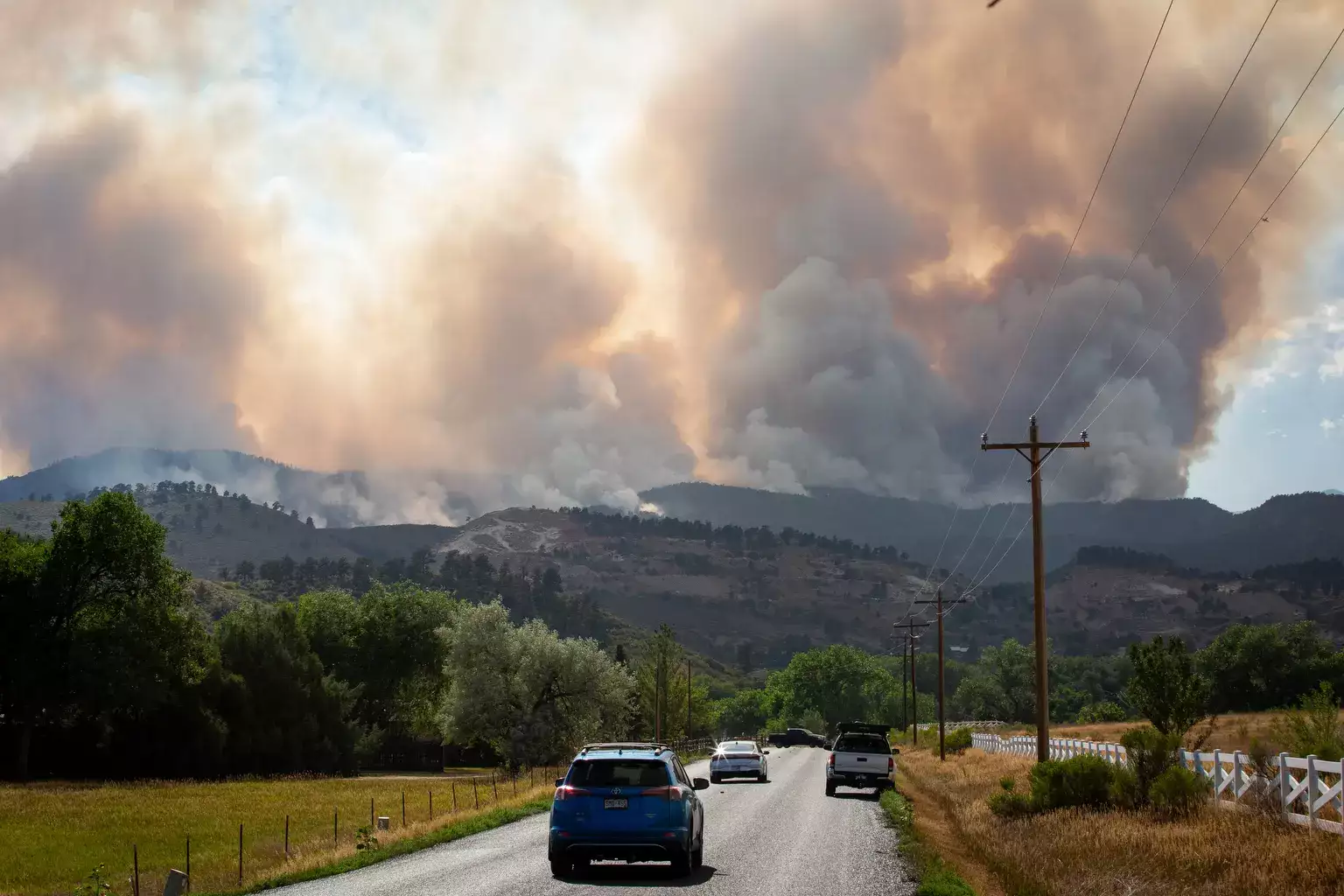Swedish diplomat Dag Hammarskjold once said "to have humility is to experience reality."
The last eighteen months of my life have been a trying lesson in humility—a great unlearning of what I thought I knew, so that I might become more grounded in 'now'.
Divorce, identity crisis, and job loss are a few of the challenges I've navigated.
Have you ever made plans and outlined possible futures for yourself? Only to realize how fragile those plans are? How they might not be what is needed?
If I was a Taylorist, I'd be greatly distressed and anxious given my lack of control over the uncertainties of life.
In case you haven't heard of Frederick Taylor, he was an American mechanical engineer who lived in the late-nineteenth-and-early-twentieth centuries who created rules for scientific management, that now govern much of the way we work and our mental models for life.
You might be a Taylorist without even realizing it. The principles of Taylorism include:
The last eighteen months of my life have been a trying lesson in humility—a great unlearning of what I thought I knew, so that I might become more grounded in 'now'.
Divorce, identity crisis, and job loss are a few of the challenges I've navigated.
Have you ever made plans and outlined possible futures for yourself? Only to realize how fragile those plans are? How they might not be what is needed?
If I was a Taylorist, I'd be greatly distressed and anxious given my lack of control over the uncertainties of life.
In case you haven't heard of Frederick Taylor, he was an American mechanical engineer who lived in the late-nineteenth-and-early-twentieth centuries who created rules for scientific management, that now govern much of the way we work and our mental models for life.
You might be a Taylorist without even realizing it. The principles of Taylorism include:
- linear thinking
- the belief that the more data and information we have, the more we can understand and therefore control outcomes
- our environments will and should remain stable
- yesterday's solutions will work today/tomorrow
- the path to success is paved with efficiency
Many of our organizational procedures and problem-solving processes in the workplace are classic Taylorism. 'Best practices' are. The self-help industry was largely inspired by it. Listicles are an outcome, too. You've seen them. "7 Steps to Transforming Your Organization." "3 Secrets that Every Maverick CEO Knows." "How to Overcome Cancer with 3 Easy Diet Changes." Etcetera, etcetera.
In our increasingly complex world, Taylorism doesn't work as well as it did during the Industrial Age. There are too many variables given our globalization. Be it a pandemic, economic uncertainty, supply chain shortages, political division, social media's influence on younger generations, or any other challenge. We face constant disruption in work and life. Which creates a kind of emotional pressure or 'gray zone' experience, where our mental models break down and life is no longer what it seems.
Taylorism would suggest we squash any negative emotion and return to stability/predictability as quickly as possible, reducing the time spent in a gray zone. Whenever I was in the early fallout of my divorce, family and friends advised me to keep my life as safe and predictable as possible. But in my heart, I knew that wasn't what I needed. A mentor of mine offered me a flat to rent in Spain, so across the ocean I flew.
If humility is where we experience reality, perhaps we would do well to embrace the gray zones when they hem us in.
"Too little stress leads to under-stimulation with no potential for positive adaptation, and too much stress will overwhelm the individual and leave them broken," writes the Australian former special forces commander Ben Pronk.
How do we respond to continual disruption and waves of emotional pressure that seem as though they might never relent?
We let the ground grow us.
Nature is nothing like Taylorism. And since we humans are of Mother Nature (not in, but of), we are complex systems. Interconnected and interdependent, we cannot possibly predict all that will happen next. But we can, like the biosphere, become more non-linear in our thinking and behavior, adaptive, and experimental.
Right now I am staying in Loveland, Colorado, where for two weeks a wildfire has raged in the mountains forty miles west. There has been some concern we might need to evacuate. A few people I've talked with here have spoken in dejected tones about the devastation the fire has caused, remained anxious, or tried to ignore the smoke in the distance.
But with nature, no experience is wasted.
Soon the fire will relent. (Even as I am writing this, it has started to rain outside.) Dead vegetation will have burned, lowering the risk of future fires. Seeds will have germinated, nutrients been recycled, pests and diseases controlled. A new habitat will soon emerge.
The fires are necessary. Or, at least, nature has a way of using everything.
In our displacement, obscured in gray zones between reified solutions to life’s challenges, will we irritability reach after predictable places and prized possessions? Will we wail and whine until we again hold what we can never keep?
What if, instead, we found a way to breathe amidst the miasma?
What if we held love loosely enough to let it burn where it wills?
What if, by embracing the charred gray zone you find yourself in right now, you might slowly spring into a richer, more resilient kind of wilderness, one teeming with life?
